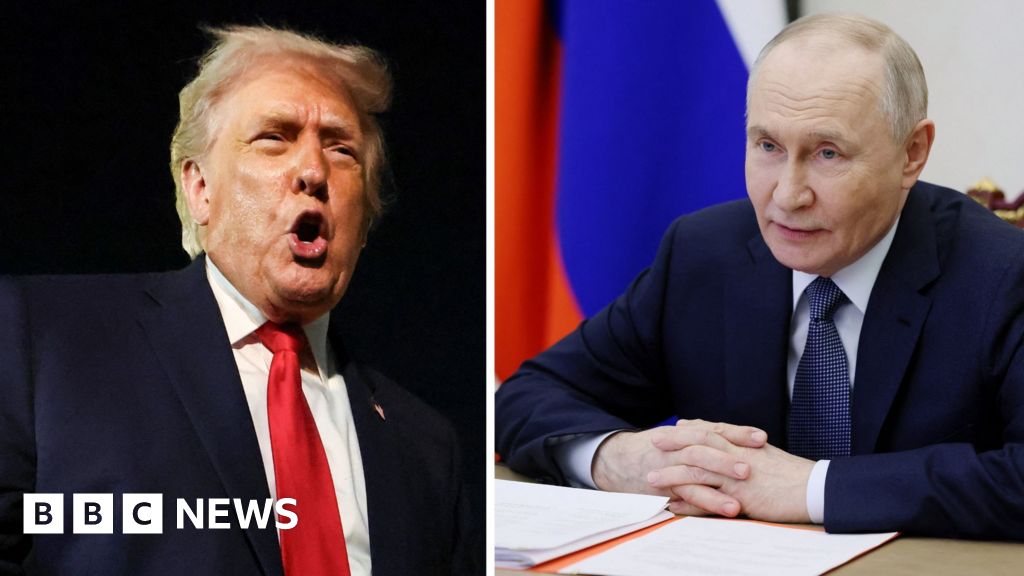Israel began demolishing the UNRWA headquarters in East Jerusalem Tuesday, following passage of a law that banned the activities of the United Nations agency for Palestinian refugees.
…

Israel began demolishing the UNRWA headquarters in East Jerusalem Tuesday, following passage of a law that banned the activities of the United Nations agency for Palestinian refugees.
…

Israel began demolishing the UNRWA headquarters in East Jerusalem Tuesday, following passage of a law that banned the activities of the United Nations agency for Palestinian refugees.
…


(Bloomberg) — Stocks, bonds and the dollar fell after President Donald Trump threatened tariffs on various European…

The dollar and Wall Street stocks fell on Tuesday after Donald Trump said there was “no going back” on his campaign to take control of Greenland even as he offered talks over the issue that has put the US and its European allies at…

President Donald Trump has confirmed he invited Vladimir Putin to join a US-proposed Gaza “Board of Peace”.
The board is part of Trump’s 20-point plan to end the Israel-Hamas war and expected to temporarily oversee the running of Gaza and manage…
Bujumbura, 25 November 2025: In response to the security challenges posed by the illicit proliferation of small arms and light weapons (SALW) in the Great Lakes region, Burundi continues to strengthen its national arms control framework. In this…